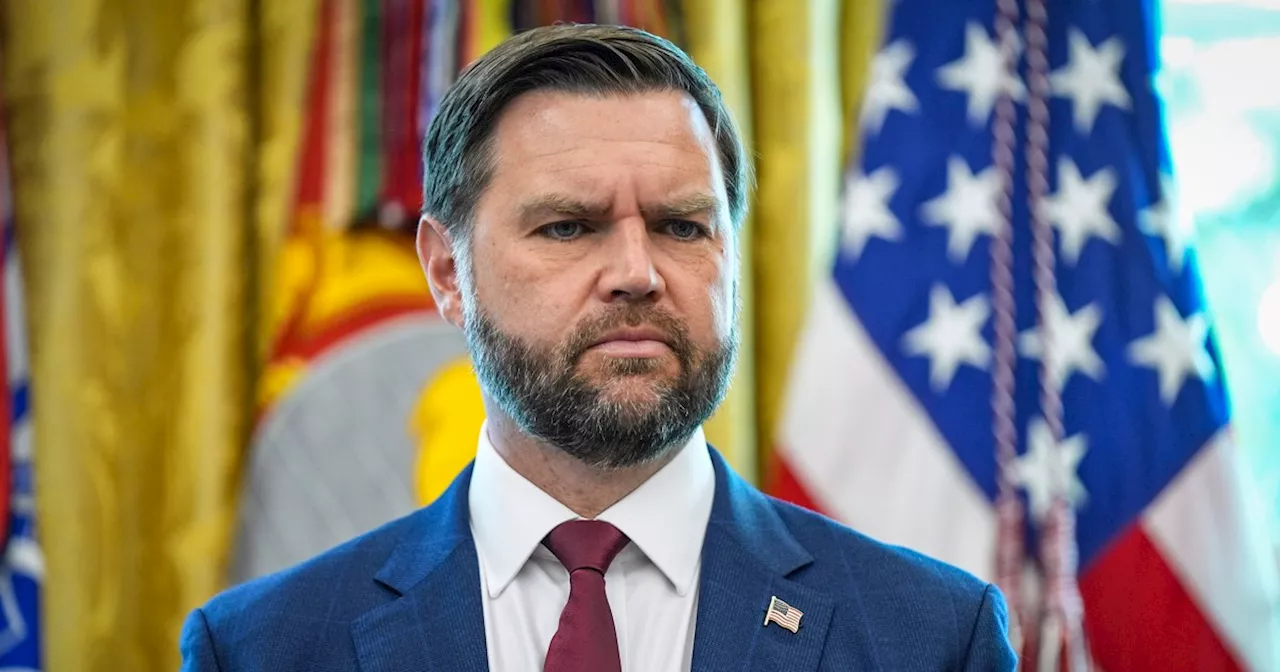Vice President JD Vance has accused Democrats, particularly Senate Minority Leader Chuck Schumer, of obstructing negotiations during the ongoing government shutdown, which has now entered its twelfth day without resolution. In a recent interview on Face the Nation, Vance described the Democrats’ demands regarding health insurance tax credits as unreasonable and characterized their actions as a form of “hostage-taking.”
Vance stated that while the administration is focused on keeping essential services operational, it is also managing the consequences of layoffs in several federal agencies. He emphasized that the shutdown’s chaos and uncertainty stem directly from the Democrats’ refusal to negotiate in good faith, insisting that the administration would not yield to political pressure.
The Vice President further explained that layoffs had already begun, affecting over 4,000 workers in seven federal agencies, as the government seeks to manage its resources during the shutdown. He argued that if Democrats would cooperate with moderate lawmakers and the majority of Republicans, the government could be reopened swiftly, alleviating the need for such drastic measures. Vance also expressed concerns that the health insurance tax credits contribute to inefficiencies and should be reevaluated.
In response, Democratic Senator Chris Murphy of Connecticut countered Vance’s assertions during the same broadcast. Murphy stated that it is the Republicans who are boycotting negotiations, positing that their primary objective is to increase premiums for American families in order to finance tax cuts for the wealthy. He underscored the urgency of addressing the potential rise in insurance costs, framing the situation as an emergency that could threaten both financial stability for families and the integrity of democratic institutions.
The contrasting viewpoints illustrate the deepening divide between the two parties, complicating efforts to reach a consensus. As the dispute over health insurance tax credits and government funding persists, the likelihood of a swift resolution diminishes. The White House has confirmed the start of layoffs and has indicated that the situation remains critical as negotiations stall.
With both sides firmly entrenched in their positions, the ongoing stalemate reflects the complexities of the current political landscape in Washington D.C. While Vance continues to call out Schumer and the Democrats for their tactics, Murphy maintains that the Republicans are the ones undermining negotiations, highlighting a fundamental clash over priorities and governance. The future of the government shutdown remains uncertain, with the potential for significant repercussions for federal employees and essential services nationwide.
